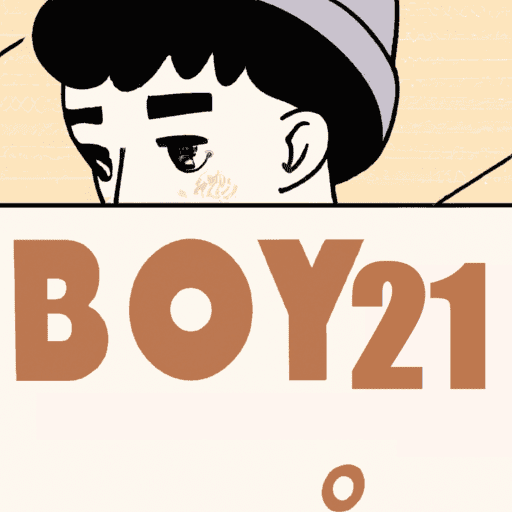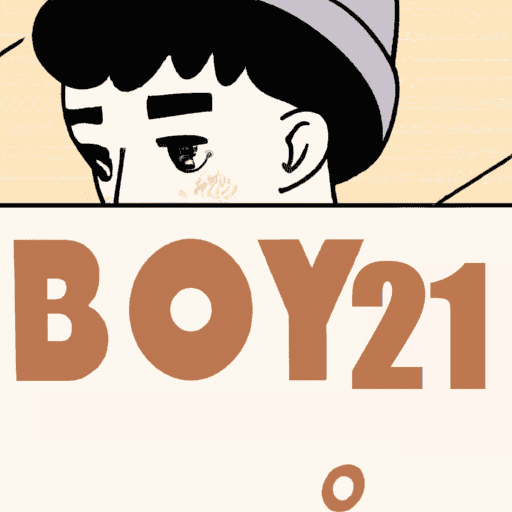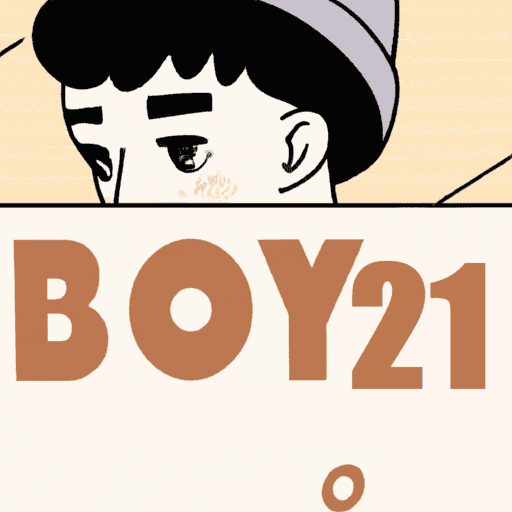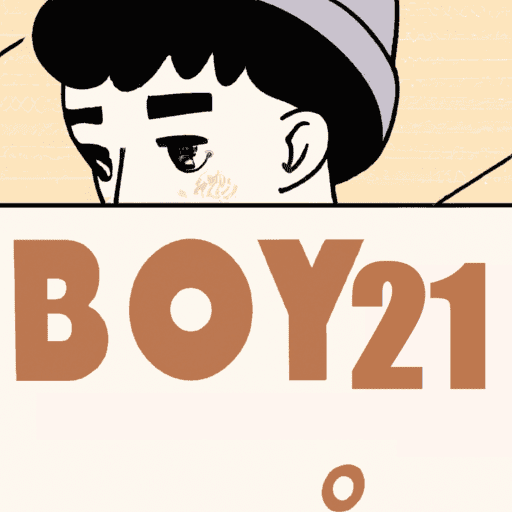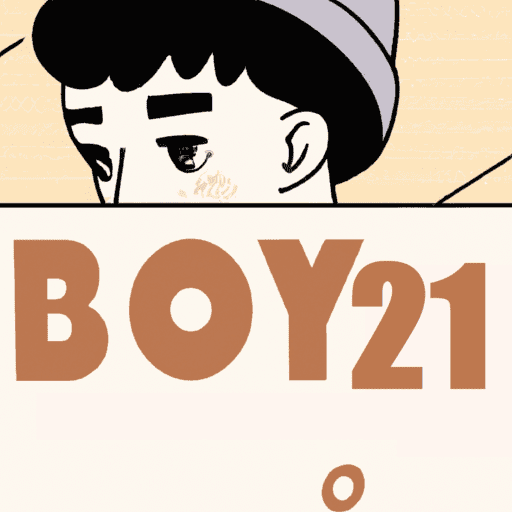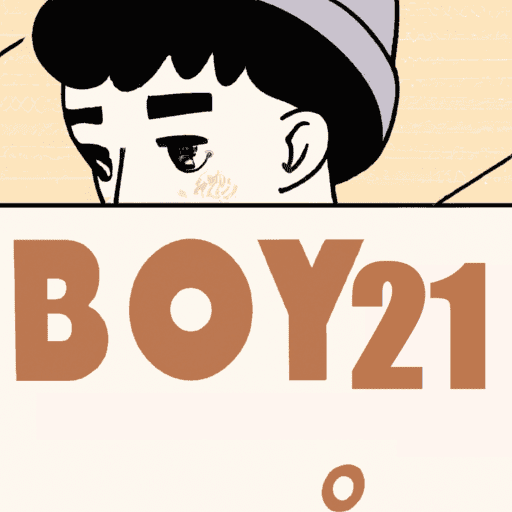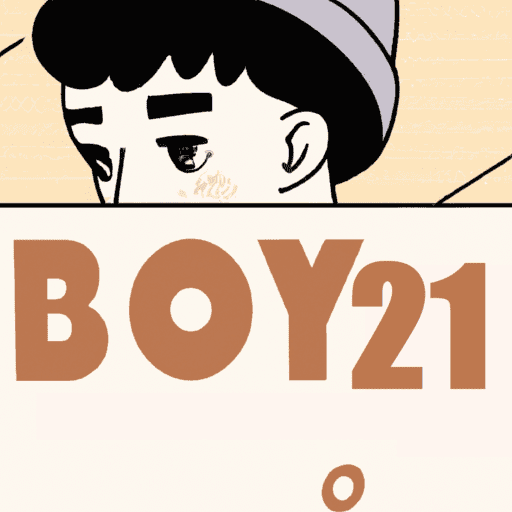
What is the significance of Russ’s persona as Boy21 and how does it help or hinder him?
In Matthew Quick’s young adult novel Boy21, supporting character Russ Washington adopts the fantastical persona of “Boy21” as a coping mechanism to process unfathomable trauma. This quirky alter ego enables Russ to compartmentalize pain, but also distances him from reality. Evaluating Boy21’s significance offers insight into how imagination helps and hinders Russ’s psychological growth.
Boy21 as a Protective Fantasy: Shielding Russ from Unfathomable Horror
On one hand, Boy21 represents the rich fantasy life that initially helps Russ endure his parents’ murder. Believing he is a fallen alien aids Russ in separating from the horror he witnessed. Quick depicts Boy21 as protector and companion when Russ feels totally alone, a means of retaining hope and identity amidst devastation. This imaginative persona shelters Russ’s psyche from complete collapse. However, as Russ’s friendship with Finley grows, Boy21 begins hindering real connection, threatening to trap Russ permanently in elaborate delusion. Quick illustrates how Boy21 enables Russ to hide from grief rather than processing it. For example, Russ relates his entire traumatic history as if it happened to Boy21, not himself. Quick suggests that while fantasy facilitates survival, true healing requires grounding in reality.
Ultimately, with Finley’s support, Russ is able to gradually integrate his past into his present life narrative. As he strengthens real bonds through vulnerability, Russ relies less on the Boy21 illusion. Quick poignantly depicts Russ finally speaking about his parents’ deaths in his own voice, signaling reconnection with himself and others. He maintains a touch of quirkiness but is not wholly subsumed by it.
Fantasy and Reality
Through Russ’s navigation between his Boy21 persona and authentic self, Quick insightfully explores how fantasy sustains yet can also proscribe full reconciliation with trauma. While Boy21 at first helps Russ cope, true progression requires him to eventually emerge from behind his protective imaginative shield. Quick suggests fiction can be illuminating but reality must be faced for actualization.
